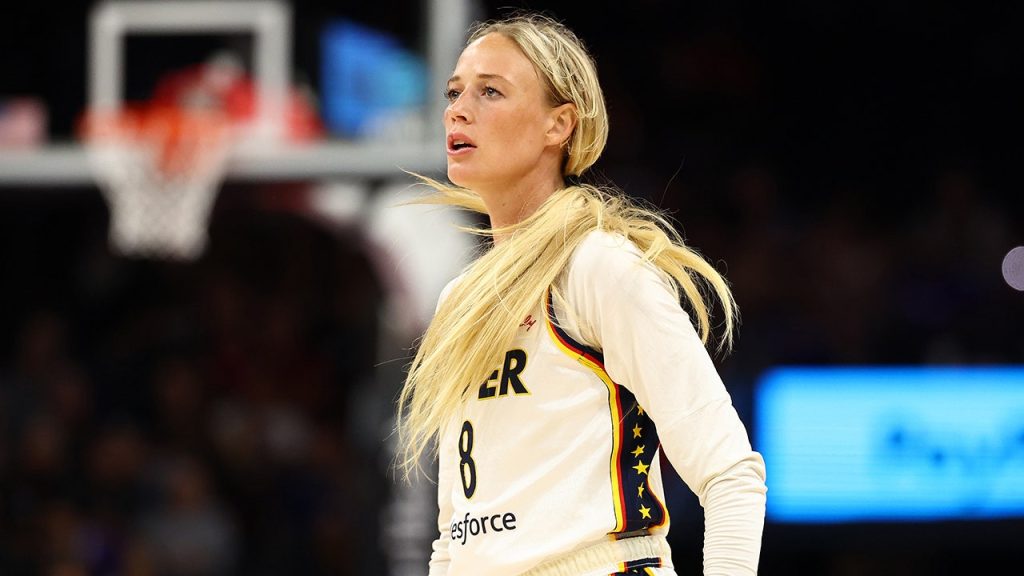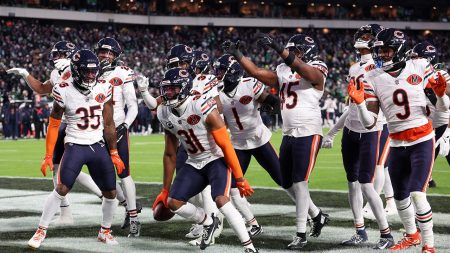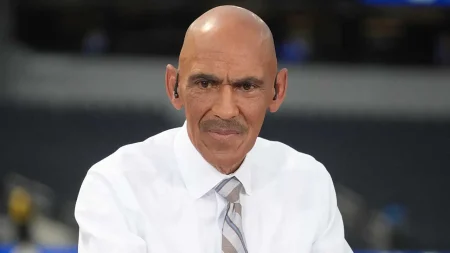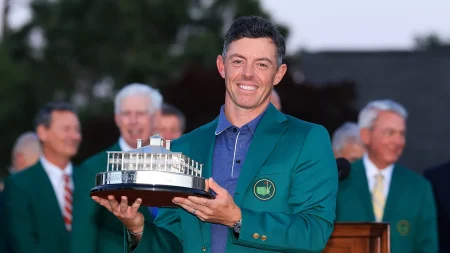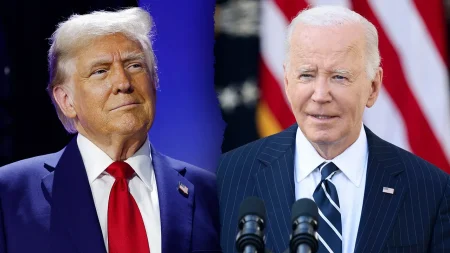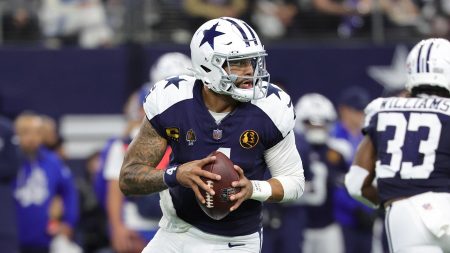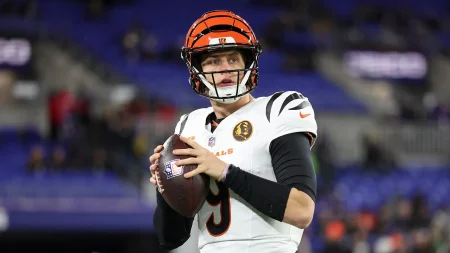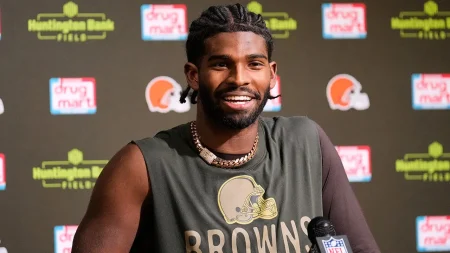WNBA’s Current Leadership Crisis: Players Speak Out Amid CBA Negotiations
In recent days, Indiana Fever guard Sophie Cunningham has emerged as a vocal critic of WNBA Commissioner Cathy Engelbert, expressing frustration that echoes throughout the league. During her exit interview and on her podcast “Show Me Something,” Cunningham didn’t hold back her dissatisfaction with the league’s leadership. “I’m just tired of our league. They need to step up and be better,” she stated candidly. “Our leadership from top to bottom needs to be held accountable. I think there are a lot of people in positions of power in the WNBA who they might be really great business people, but they don’t know s— about basketball. And that’s gotta change.” Cunningham’s criticism comes at a pivotal moment as the WNBA and the players’ association engage in collective bargaining agreement (CBA) negotiations, with the current agreement set to expire on October 31st after players voted to opt out early from the eight-year agreement signed in 2020.
The tension between players and leadership appears to be reaching a boiling point, with Cunningham expressing that players across the league feel disrespected and ignored. “At the end of the day, everyone’s fed up – fed up with how the league is treating us,” she emphasized on her podcast. “They should be ashamed of themselves for what they’re giving back to us because it’s nothing. It is nothing. They’re not listening. The thing is, they’re not even engaging with us. It is bad.” Her comments highlight a growing disconnect between the players who are the product of the league and the business executives making decisions about its future. This frustration comes during a period of unprecedented growth for women’s basketball, making the timing of this conflict particularly significant.
Cunningham’s critique of Engelbert was particularly pointed, challenging her leadership style and priorities. “Great leaders want to see other people be more successful than them, they want to make sure that they’re cared for,” Cunningham said, suggesting that Engelbert falls short in this regard. “And I get it, she’s the business side of it. Like, I get it. But you can be respectful and treat your product – the product of why people are paying attention, why people are buying certain jerseys – treat your product with respect.” What seems to particularly irk Cunningham is what she perceives as self-centered leadership: “I think this is such a pivotal point in the WNBA because there’s so many eyes on us, there’s so many new fans – there’s millions of millions, I should say, of new fans – and at the end of the day she’s worried about her. In all of her statements it’s like, ‘Well, I got us here and I –,’ Cathy no one cares. Literally, no one cares.”
The controversy intensified with allegations that Engelbert had made dismissive comments about star rookie Caitlin Clark, suggesting she should be “grateful” to the league for her success. When addressing the media on Friday, Engelbert firmly denied these accusations: “Obviously, I did not make those comments. Caitlin has been a transformational player in this league. She’s been a great representative of the game. She’s brought in tens of millions of new fans to the game.” The commissioner further defended herself by pointing to misinformation: “There’s a lot of inaccuracy out there through social media and all this reporting. A lot of reporting, a lot of inaccuracy about what I say, what I didn’t say.” This response highlights the communication breakdown between leadership and players at a time when clarity and trust are essential.
This conflict emerges during what should be a golden era for the WNBA. The league has experienced tremendous growth in viewership and public interest, driven in part by exciting new talents like Caitlin Clark. The 2024 season saw record-breaking attendance and television ratings, with merchandise sales soaring to unprecedented levels. Social media engagement around women’s basketball has exploded, bringing in millions of new fans. Yet, as Cunningham’s comments suggest, there’s a perception that the league’s leadership isn’t capitalizing on this momentum by properly valuing its primary asset – the players themselves. The timing makes these negotiations particularly critical, as decisions made now will shape whether the league can sustain and build upon its current popularity.
The outcome of the ongoing CBA negotiations will likely determine whether the WNBA can resolve these tensions and move forward in a unified direction. At stake are not just player salaries, but also travel conditions, healthcare benefits, marketing opportunities, and the overall treatment of players as professionals. As the October 31st deadline approaches, both sides face pressure to reach an agreement that acknowledges the league’s growth potential while addressing the players’ concerns. What’s clear from Cunningham’s outspoken criticism is that players are no longer willing to accept what they perceive as inadequate leadership or compensation during a period of unprecedented opportunity for women’s basketball. How the WNBA responds to these challenges may well define its trajectory for years to come, at a moment when public attention on women’s sports has never been higher.





